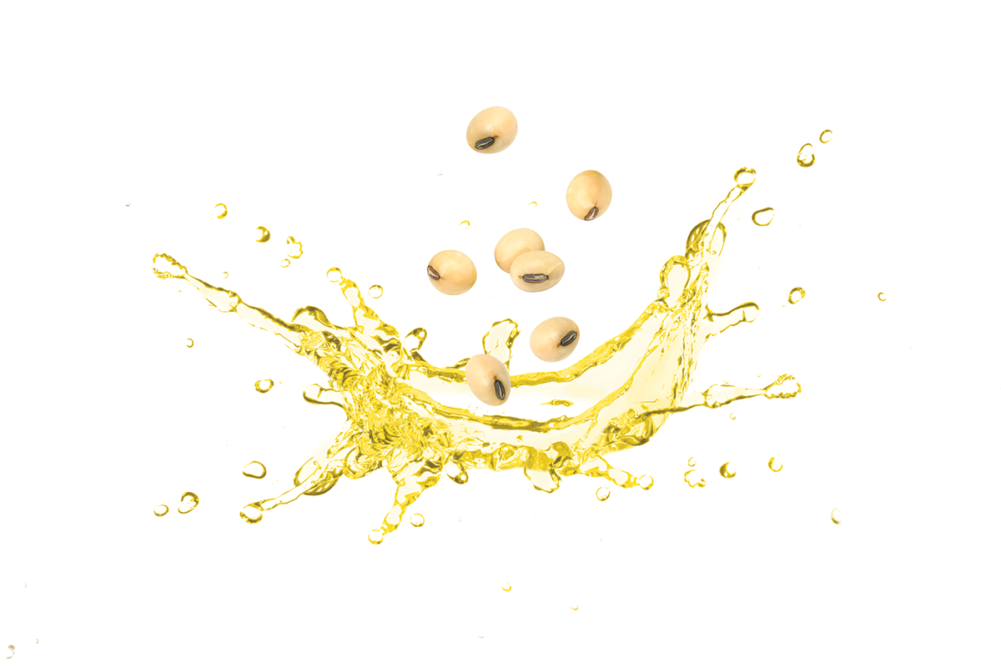With more Americans saying they want to eat more healthfully, food manufacturers are increasingly looking at substituting oils as a way to give their foods more nutritional punch.
High oleic soybean oil provides food companies improved product nutrition by contributing less saturated fat and more unsaturated fat, which may benefit heart health, compared to other high-stability oils commonly used in food production, according to Chesterfield, Mo.-based Qualisoy.
“Food companies with products which meet the Food and Drug Administration’s (FDA) requirements can consider adding the health claim to labels of foods made with high oleic soy (with inclusion of the proper disclaimers), and brands seeking to source heart-healthy ingredients for emerging products can test high oleic soybean oil in formulations.”
High oleic soybean oil offers superior performance for foodservice and increased functionality for food manufacturers, according to Qualisoy.
“It’s long-lasting and allows companies to reduce waste and save costs due to improved resistance to oxidation.”
A recent shelf-life study evaluated the oxidative stability, application review and texture analysis of high oleic soybean, high oleic canola, conventional soybean, canola, partially hydrogenated and palm bakery shortenings, according to Qualisoy.
The study found that high oleic soybean shortening showed the least amount of change in texture compared to alternatives, including partially hydrogenated oil.
Cakes made with high oleic soybean shortening were most similar to cakes made with partially hydrogenated shortening, according to the study. Cakes made with conventional soybean and palm shortening showed the most difference in dome-peak to edge ratio from the partially hydrogenated shortening.
A cookie application test compared baked sugar cookies made with high-stability shortenings. The results showed all shortenings produced a similar product to partially hydrogenated oil in cookie spread, height and weight. The biggest differences were seen with high oleic canola, conventional soybean and palm bakery shortenings, which produced shorter cookies than partially hydrogenated oil.

